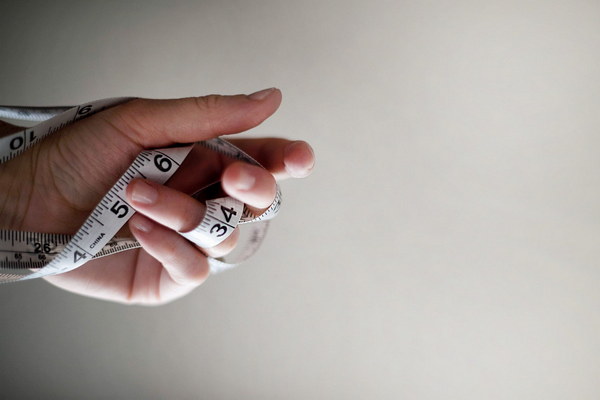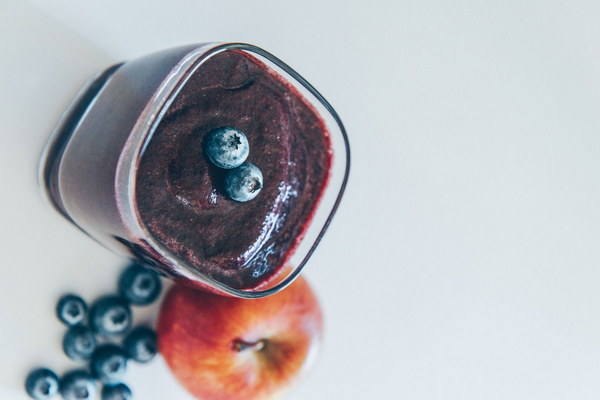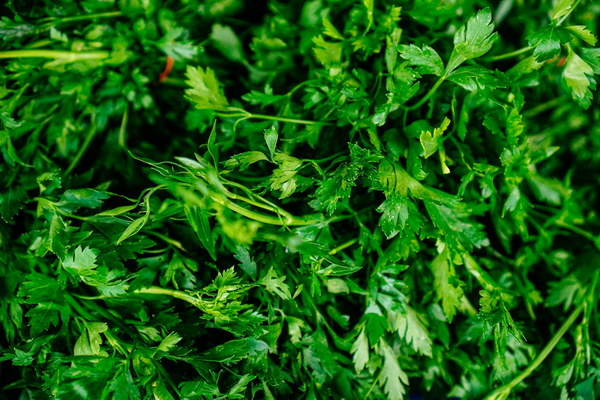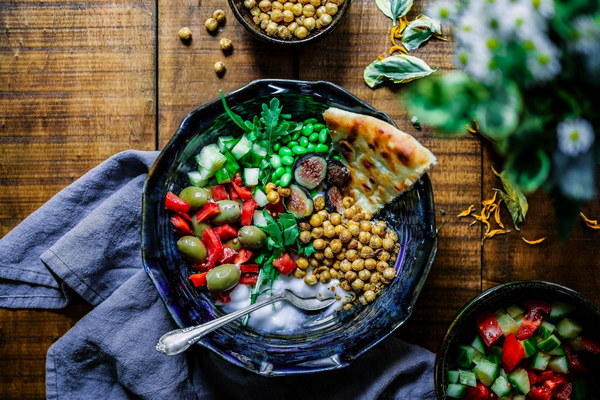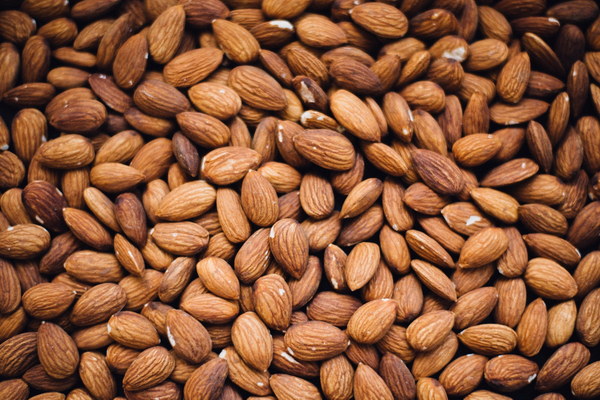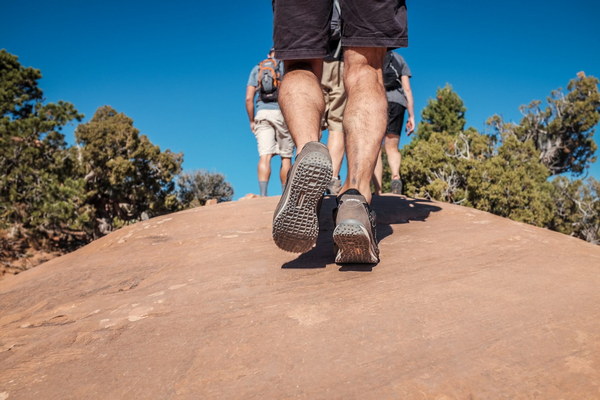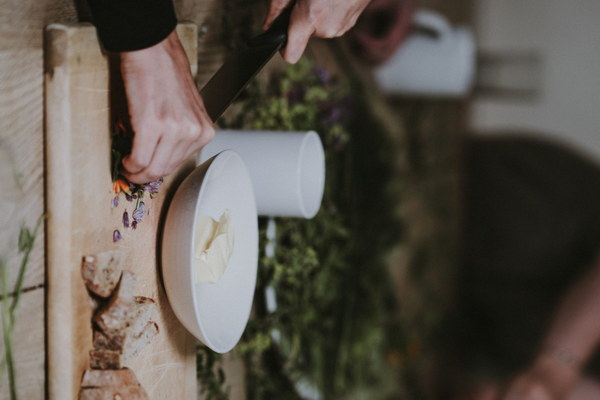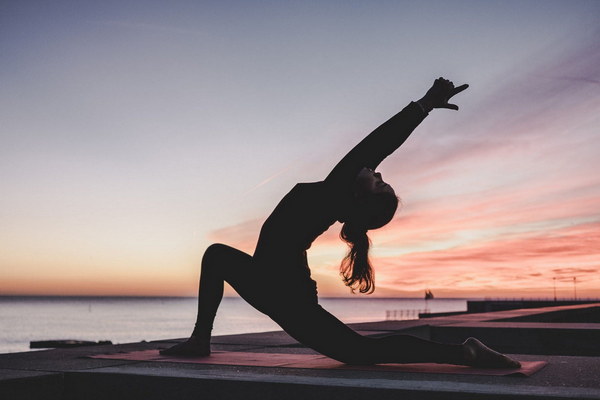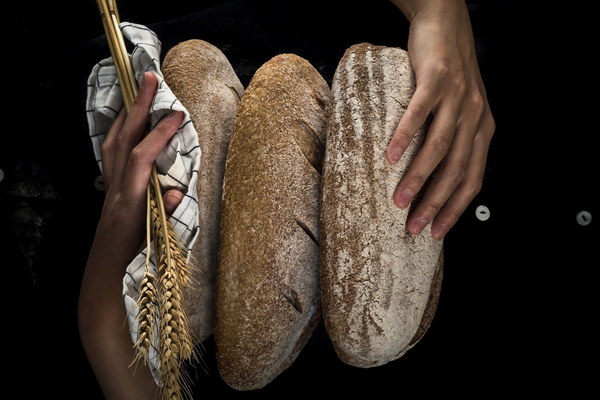Harmonizing Body and Mind Exploring Traditional Chinese Exercise and its Health Benefits
In the realm of holistic wellness, Traditional Chinese Medicine (TCM) offers a rich tapestry of practices aimed at balancing the body, mind, and spirit. One such practice is traditional Chinese exercise, a collection of physical activities designed to enhance health and well-being through the principles of TCM. This article delves into the world of traditional Chinese exercise, exploring its origins, benefits, and a variety of exercises that have stood the test of time.
Origins of Traditional Chinese Exercise
Traditional Chinese exercise has its roots in ancient Chinese philosophy and is deeply intertwined with the principles of Yin and Yang, which represent the complementary forces of the universe. The exercises, such as Tai Chi, Qigong, and various martial arts, are designed to promote the flow of Qi (vital life force) throughout the body, thereby maintaining health and preventing illness.
Benefits of Traditional Chinese Exercise
The benefits of traditional Chinese exercise are numerous and are rooted in the holistic approach of TCM. Here are some of the key advantages:
1. Improved Physical Health: Regular practice of these exercises can enhance flexibility, strength, balance, and overall physical fitness. They are also beneficial for individuals recovering from injuries or dealing with chronic conditions.
2. Stress Reduction: Many traditional exercises focus on breathing techniques and mindfulness, which can help reduce stress and anxiety levels.
3. Enhanced Mental Clarity: By promoting the flow of Qi, these exercises can enhance mental focus and clarity, contributing to improved cognitive function.
4. Balanced Emotions: Traditional Chinese exercise is believed to help regulate emotions, promoting a state of calm and balance.
5. Longevity: The holistic approach of these exercises is often associated with increased longevity, as they address both physical and mental health.
Types of Traditional Chinese Exercise
1. Tai Chi: Often described as meditation in motion, Tai Chi is a series of slow, deliberate movements that emphasize relaxation and balance. It is particularly beneficial for reducing stress and improving balance.
2. Qigong: Qigong is a practice that involves slow, meditative movements, breathing exercises, and mental focus. It is designed to cultivate and balance the body's Qi, promoting overall health and well-being.
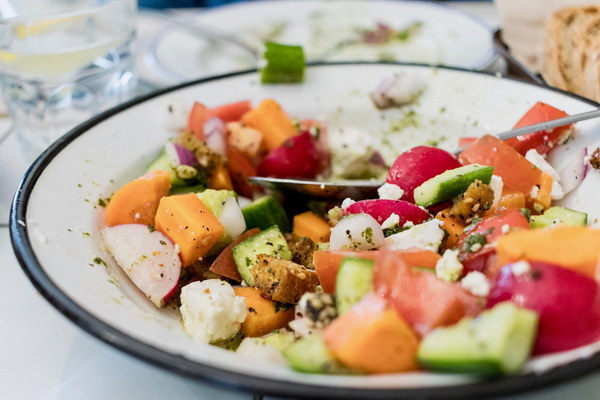
3. Martial Arts: Martial arts such as Kung Fu, Taijiquan, and Xingyiquan combine physical movements with mental discipline and philosophical teachings. These arts can improve strength, flexibility, and self-defense skills.
4. Yoga: While not a traditional Chinese practice, yoga shares some similarities with Qigong in its emphasis on breathing, movement, and mindfulness. It is often incorporated into TCM wellness practices.
How to Get Started
If you're interested in exploring traditional Chinese exercise, here are some steps to get you started:
1. Research: Learn about the different types of traditional exercise and their benefits to find one that resonates with you.
2. Find a Class or Instructor: Look for local classes or a qualified instructor who can guide you through the exercises.
3. Commit to Regular Practice: Like any physical activity, consistency is key. Aim to practice regularly to experience the full benefits.
4. Listen to Your Body: Pay attention to how your body responds to the exercises and modify as needed to avoid injury.
In conclusion, traditional Chinese exercise is a valuable addition to any wellness regimen. By focusing on the harmonization of body and mind, these practices offer a unique approach to health and longevity. Whether you're looking to reduce stress, enhance your physical fitness, or simply explore the ancient wisdom of TCM, traditional Chinese exercise is a journey worth embarking upon.
